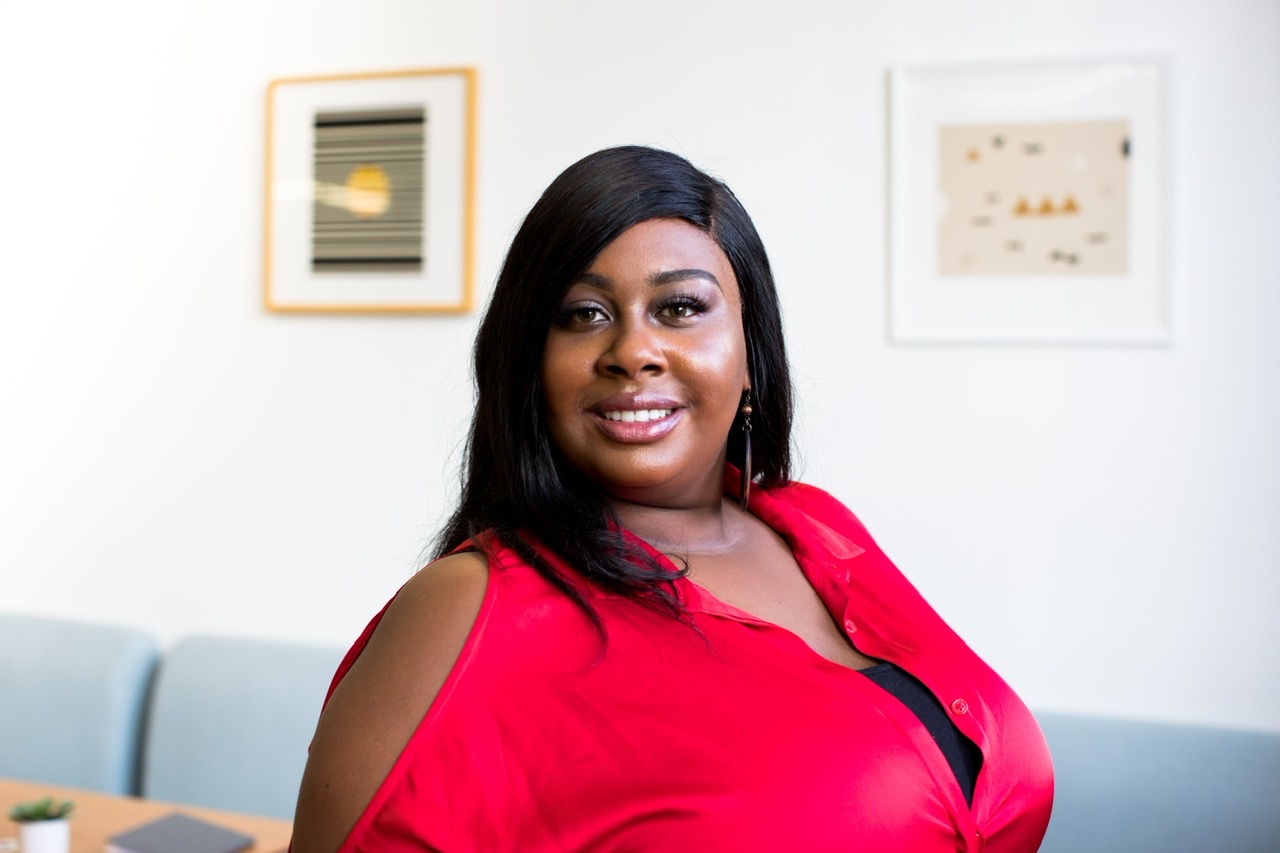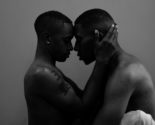
Body Positivity Is Toxic…Maybe? My Two Pence – Part 1
Hi Musers, today we’re going to discuss a very common claim that body positivity is toxic. I’m writing it in direct response to a YouTube video by ObeseToBeast (OTB) in response to another YouTube video posted by COCO Chanou. In case you haven’t come across him, ObeseToBeast is an influencer who was once almost 400lbs. Amazingly, against all odds, he’s managed to lose 170lb.
A common criticism of the body positivity movement is that they treat intentional weight loss as a betrayal. Some people in the community appear to feel that way, but I’m not one of them. I am both impressed and thrilled for him as he now seems really happy. Isn’t that what we all want? Intentional weight loss is not for me, but I am in no position to judge others over what they decide to do with their bodies.
Going back to this video, it’s five months old. I go through YouTube phases where I catch up on what I’ve missed, and I came across this with the title, “Attacked By Body Positivity.” As I’ve written a series about my concerns about body positivity, this drew me in. In it, he’s watching a video by COCO Chanou, talking about a recent TikTok video she posted and the torrent of hate she received in response. Her video is called Body Positivity Is Toxic!!!!
The Video
I’m going to talk about the content of the video and quote parts for me to respond to. First, however, you might want to watch the video in full to get the whole picture, so here it is.
The Body Positivity Movement Is For All
I don’t have anything to respond to til about 5 minutes into the video. Here COCO explains that she likes the idea of the body positivity movement, would love to be an ally, and feels it may help her personally because she has suffered body dysmorphia and image issues all her life.
OTB chimes in at this point and says that if thinner people enter these communities, there are often many “one-up” responses like it’s a contest. “You have issues? Ok, but I weigh 100lbs more than you, my arms are huge, your belly is flat, and mine isn’t,” etc.
I believe that does happen, but I do try to cut people some slack. I absolutely believe everyone has something they don’t like about their body. However, people closer to standard size don’t tend to get abusive trolls telling them how disgusting they are, how they’re going to die soon, etc. They can shop in most stores. They aren’t judged for what they eat in public.
It’s not right to play the “I have it so much worse than you” game, but I do understand some people’s sensitivity. I try not to react this way, and I always keep in mind that everyone’s feelings are valid. Just because thousands of other people out there would love to look the way a standard-sized person does, doesn’t give anyone the right to suggest thinner people can’t have body issues.
COCO continues saying that everyone has the right to be included in body positivity and be allowed to feel bad about their body. COCO states that men, in particular, have a right to feel bad because all men in movies are ripped. OTB and I disagree with her here; there is a far wider range of men’s bodies displayed in media than women’s.

Body Positivity
So this is the crux of a big issue for me. I absolutely agree that everyone, male or female, fat or thin, tall or short, etc., is entitled to have things they don’t like about their body. In fact, it’s likely that almost everyone does in the image-obsessed world we live in. So, I fully endorse everyone being able to openly talk about their feelings and anxieties in a supportive and caring space.
My issue is with that space being body positivity. For those of you who don’t know, body positivity was originally founded by the queer black community. It was meant to be a space where their bodies could be represented and appreciated. That’s in contrast to the rest of society, where bodies that weren’t white and standard sized were (and to an extent still are) ignored. It was a space where all sizes, shapes, colours and different abilities were celebrated rather than shunned and criticised. A safe space.
Enter Standard Sized White Women
I recently unsubscribed from the body positivity hashtag on Instagram. The reason is that it had become the same as every other space on social media, full of thin, beautiful people. Most pictures show thin, extremely attractive women, often posing in sportswear or their underwear. That’s not what the movement was designed to showcase, so I left.
But Isn’t Inclusivity The Point? You’re Admitting You’re Biased!
I think this might be a tiny bit true but hear me out! The best analogy I can come up with is the Black Lives Matter protests. One of the most sickening responses from individuals who swore they aren’t racist is, “All Lives Matter.” Urgh! That seems so despicable I either want to throw up or punch someone, probably both!
In the case of body positivity, it’s like white, attractive, standard-sized women own 95% of the narrative on social media and regular media. If you’re placed in the vicinity of any media, blindfolded and asked to throw a tennis ball, the odds are very high you’ll hit an image of this type of woman.
When it became all too apparent to the black, queer community that other colours, sizes and shapes simply weren’t going to get a look-in, they sensibly decided to step away from widespread media and create their own little corner. In this place, it didn’t matter if you were a 300lb black woman with a pear body shape or an Asian girl who is short and apple-shaped. Here you would be welcomed, supported and told an incredible truth – your body is not ugly!
Enter CMoo
This concept was mind-blowing to me. The idea that any body type outside of the thin, white ideal could be considered anything but disgusting and shameful seemed unbelievable. Gradually though, I began to believe it. Finally, I made peace with my body and gave up diets for good. I stopped trying to force my body into another shape and began building my self-esteem back up. I started learning to love myself as I am and genuinely believing that my worth does not consist of a number on a scale.
That’s why it saddened me as the hashtag began to display more and more of the thin white women we see everywhere. I had to start actively searching for all the other body sizes, shapes and colours. I saw the IG algorithms actually discriminate again the individuals who created the damned movement in the first place!
Don’t We Get A Little Corner?
That’s why I understand the anger some people feel towards standard-sized women flooding the body positivity movement. No offence, ladies, but you already have about 95% of the media’s coverage, and every single day, your body is validated wherever you look. That’s why I say, of course, you can have body images COCO, absolutely. I’m so happy you’re feeling better about your body now. I agree that everyone deserves to feel supported in a warm and inclusive community.
Now, all that said, and I’m sorry to be a dick here, but does it have to be our space? The one tiny piece we’ve carved out for unrepresented body types? You have a huge chunk of social media, so couldn’t you have one in there? Like #weallhavebodyissues, or #loveyourbody, or something? Why does it have to be our space?
Just like no one should be saying “all lives matter” because black lives were the ones in danger at that point, no one should be saying that standard-sized people deserve body positivity too. They do, but there is a huge amount of real estate for them to express these sentiments and offer support rather than the small space claimed by marginalised bodies. Am I wrong in believing that? Am I proving body positivity is toxic? I think I need to do some soul searching and report back.
Stay Tuned For Part 2
So far, we’ve only covered about 12 minutes in a 30-minute video, so there’s a lot still to unpack! We’ll continue discussing the points raised next time.
In the meantime, if you agree body positivity is toxic, disagree or just want to explain your point of view, please join the debate and pop it in the comments









Comments
I’ve always said anyone with a body should be able to be included in body positivity, although I understand where this came from, as in the hashtag recently, body positivity has personal meaning for me too. I personally find the body positive community toxic, and do feel like it’s a competition of ‘who is worse off’ the toxic part comes from making someone feel like they are not allowed to feel the way they do about their body. Representation wise, I think it’s important that we see a diverse range of bodies, but I definitely think the toxic part comes from excluding people (I have been a victim of this) and it feels like you don’t fit in anywhere, as a result.
I’m too fat for ‘normal’ people but my curves are in the ‘right’ place so I’m often left out of the bopo conversation. I’ve changed to fat positivity recently but still use bopo, as I come to terms with how I feel about this x
I agree, it has become distorted, from what it began as, this is a great conversation, I’m glad you brought it up x